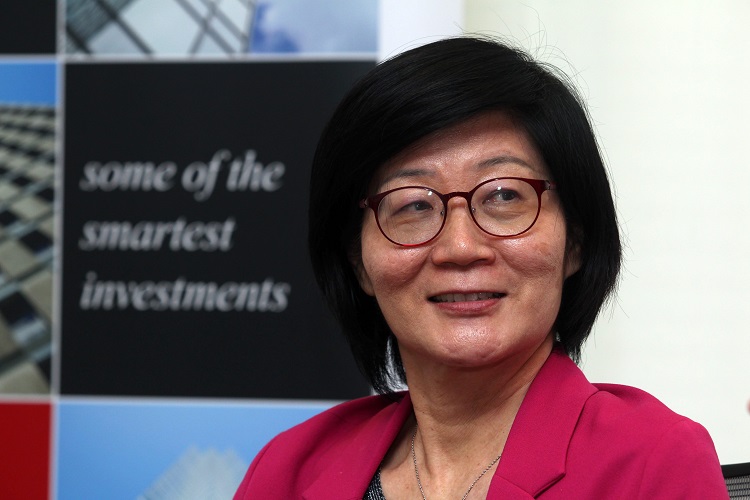
PETALING JAYA (Feb 11): Real estate investment volumes in Asia Pacific declined by 20% in 2020, but were buoyed by a final quarter recovery in which transaction levels remained flat year-on-year (yoy).
According to the JLL Capital Tracker, North Asia markets proved to be the most resilient in the fourth quarter, with Japan seeing a quarter-on-quarter (qoq) growth of 37% in transaction volume in 4Q2020; China and South Korea also recorded higher qoq transaction volumes, with a growth of 21% and 16%, respectively.
Logistics and multifamily investments have increased 29% and 26% respectively, in the review period. These asset classes comprised nearly 30% of total volumes, signalling how attractive they are to investors. By comparison, hotels, retail, and office transactions were the most affected, falling over 25% year-on-year.
“According to JLL research, Covid-19 has impacted Asia Pacific real estate investments, demand, rents and capital values in 2020. Yet, the logistics sector remains resilient. In the first half of 2020, overall real estate transaction volumes in Asia Pacific fell 32% year on year, yet logistics transactions reached US$ 11.1 billion (RM44.9 billion), just 6% lower than the same period a year ago,” says YY Lau (pictured), Country Head of JLL Property Services (M) Sdn Bhd.
“Logos launched a new joint venture with CPPIB, raising US$200 million to expand its Southeast Asia footprint”, added Lau.
“Investors undoubtedly faced a challenging operating environment in 2020, but our interactions have confirmed that they refocused strategies and reaffirmed their commitment to the region. Given that transactions approached pre-pandemic levels in the fourth quarter, we expect investor confidence to grow in 2021 as capital adapts and the longer-term opportunities in the region become clearer,” says Stuart Crow, CEO, Capital Markets, Asia Pacific, JLL.
JLL forecasts that Asia Pacific real estate investment will continue to rebound in 2021, with direct transactions to rise 15 to 20% year-on-year. Alternative asset classes such as logistics, multifamily and data centres are likely to drive investment activity this year. Office, retail, and hotel investment deals are forecast to increase in tandem with economic growth.
In the coming years, the prospect of an extended period of low returns and low interest rates is expected to further compress yields for various asset classes, says JLL. As a result, logistics assets in most cities are forecast to provide higher yields than office assets yet face lower income volatility. Furthermore, lower borrowing costs will offer wide spreads to compensate for lower rental growth.
“In a low growth, low rates world, the attractiveness of sectors with higher yields and historically lower rental growth can become more pronounced, and we expect logistics, data centres, and multifamily to be the beneficiaries of increased capital allocation. While most investors are still under-allocated to these sectors, we expect these classes to become a core part of their portfolios over the next few years. Another theme in 2021 could be a shift in asset allocation towards more opportunistic and value-add strategies.” says Regina Lim, Head of Capital Markets Research, Asia Pacific, JLL.
Office assets will remain core for most investors, but JLL expects more value-add strategies to emerge with demand for flex space, healthier buildings with more collaborative spaces to increase. The majority of Asia occupiers have returned to the office but expect remote working to rise by one day per week, according to JLL estimates.
Get the latest news @ www.EdgeProp.my
Subscribe to our Telegram channel for the latest stories and updates
TOP PICKS BY EDGEPROP
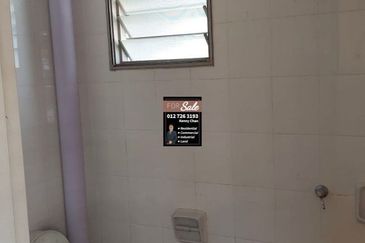
Pangsapuri Akasia, Bandar Botanic
Bandar Botanic/Bandar Bukit Tinggi, Selangor
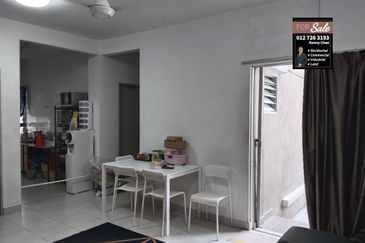
Pangsapuri Akasia, Bandar Botanic
Bandar Botanic/Bandar Bukit Tinggi, Selangor
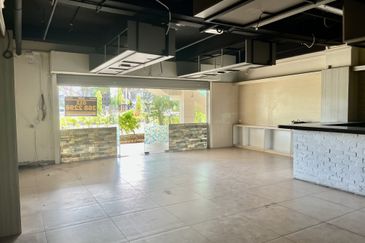
Encorp Strand Garden Office
Petaling Jaya, Selangor
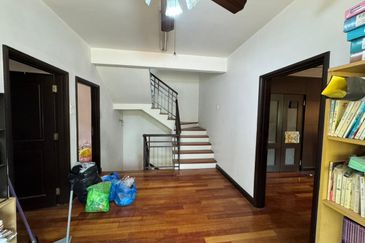
Bandar Bukit Tinggi
Bandar Botanic/Bandar Bukit Tinggi, Selangor
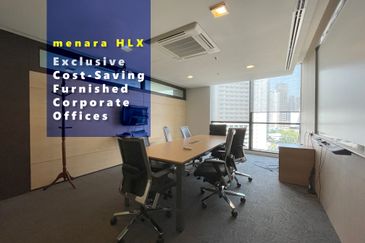
Menara HLX (formerly Menara HLA)
KL City Centre, Kuala Lumpur


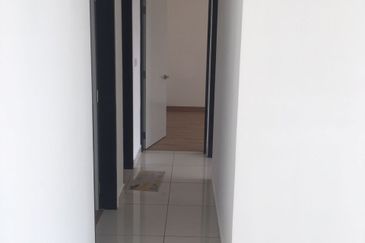
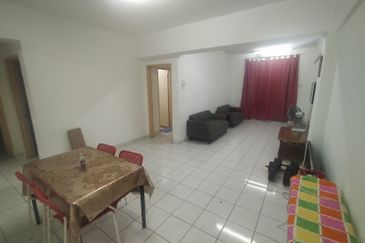
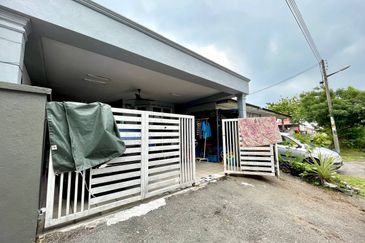
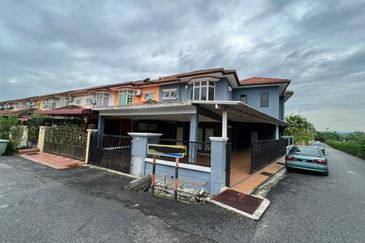
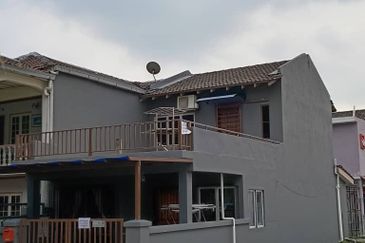
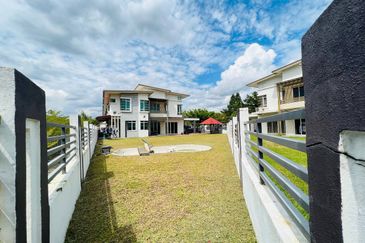

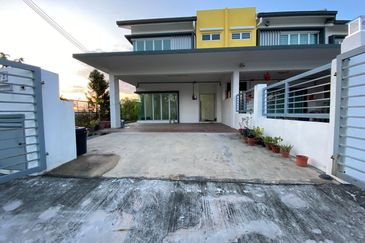
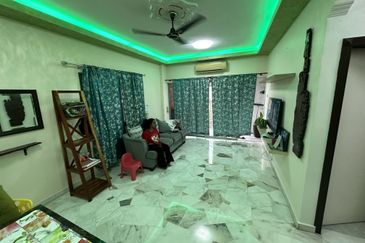
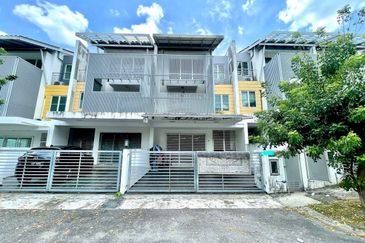
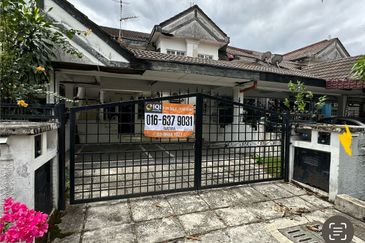

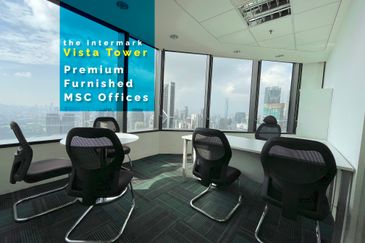
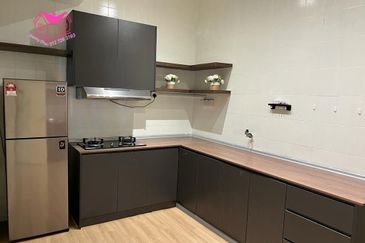
hero.jpg?GPem8xdIFjEDnmfAHjnS.4wbzvW8BrWw)



